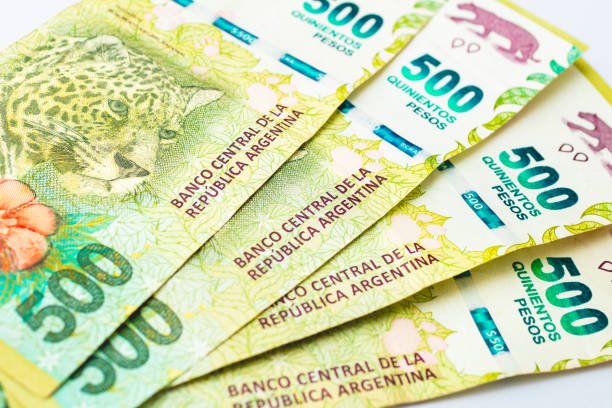Argentina receives $20 Billion IMF loan, Ends Currency Controls and Ramps Up Reforms
The International Monetary Fund (IMF) has approved a $20 billion Extended Fund Facility (EFF) for Argentina, signaling strong support for President Javier Milei’s sweeping economic reforms. The decision includes an immediate disbursement of approximately $12 billion, with the first program review scheduled for June 2025 and another $2 billion expected to follow.
The announcement came just hours after Argentine Economy Minister Luis Caputo and Central Bank President Santiago Bausili declared the beginning of the end for the cepo—the country’s long-standing currency control system.
The EFF program is intended to offer medium-term balance of payments support as Argentina works to overhaul its fragile economy. Milei’s administration sought IMF backing to help manage its ambitious reform agenda and stabilize public finances after years of inflation, debt struggles, and fiscal mismanagement.
Addressing the nation following the IMF’s decision, President Milei praised the approval as a historic moment. He emphasized that the IMF was endorsing a plan that was already producing results, rather than financing a transition from chaos to stability. “This is a unique deal,” Milei said, “because it supports an economic program that is already working.”
On the topic of removing currency controls, Milei reiterated a cautious but firm stance. “We would have loved to eliminate the cepo more quickly,” he said, “but we’ve always said we’d rather do it well and permanently than rush and risk repeating past failures.”
Milei also announced an upward revision of Argentina’s fiscal surplus target for 2025—from 1.3% to 1.6% of GDP—indicating stronger-than-expected progress toward fiscal consolidation.
Speaking to broader geopolitical trends, Milei described the IMF deal as placing Argentina in a strong position amid global uncertainty. “Tectonic plates are shifting rapidly,” he said. “The international order as we’ve known it since the Second World War is over.”
IMF Managing Director Kristalina Georgieva echoed Milei’s optimism, writing on X that the agreement recognizes the Argentine government’s “impressive progress” in stabilizing the economy. She called it “a vote of confidence in the government’s determination to advance reforms, foster growth, and deliver higher standards of living for the Argentine people.”










